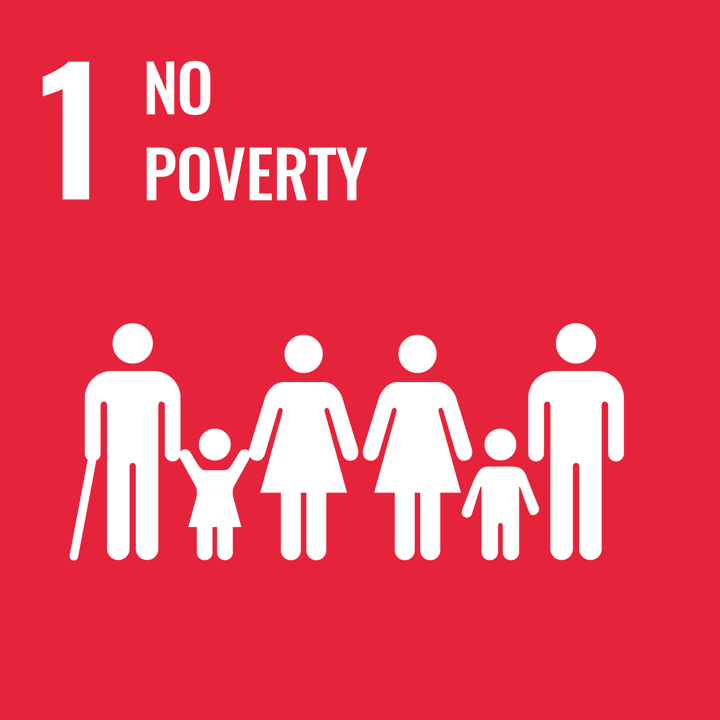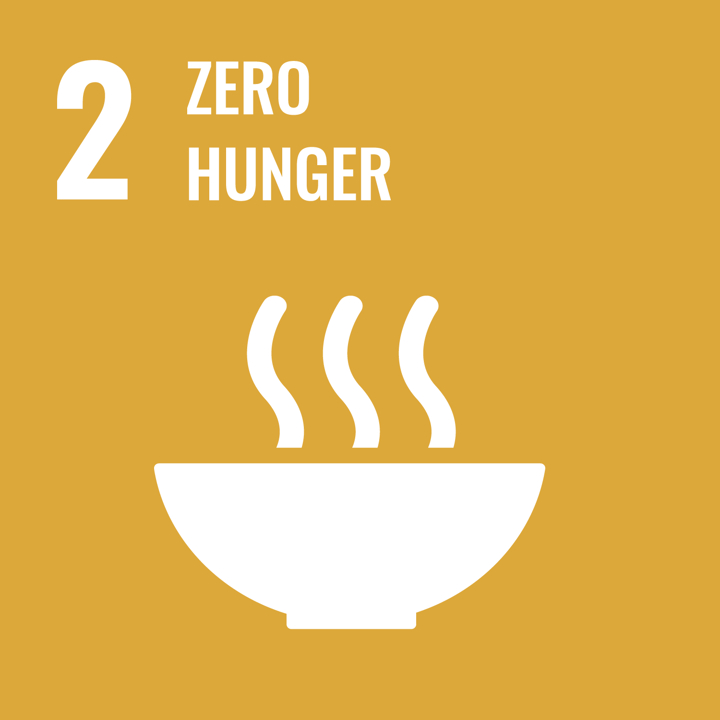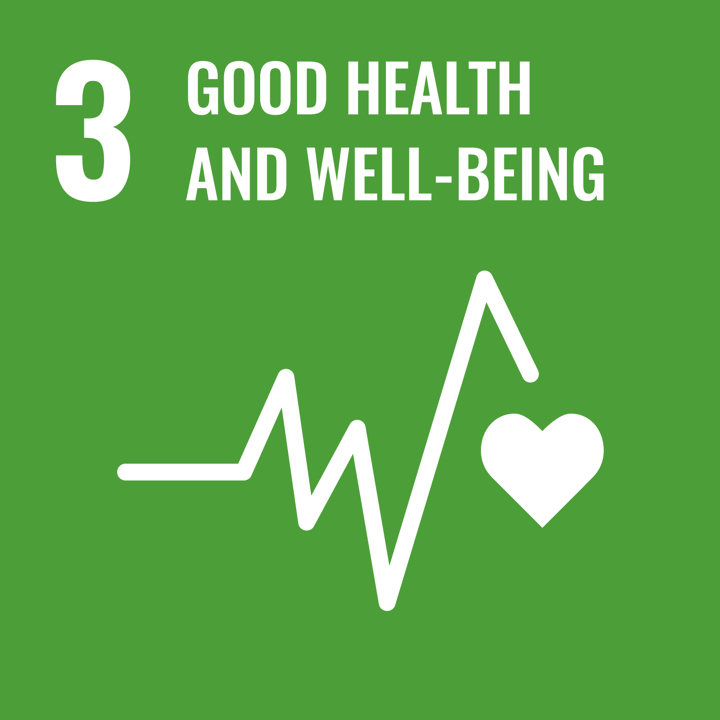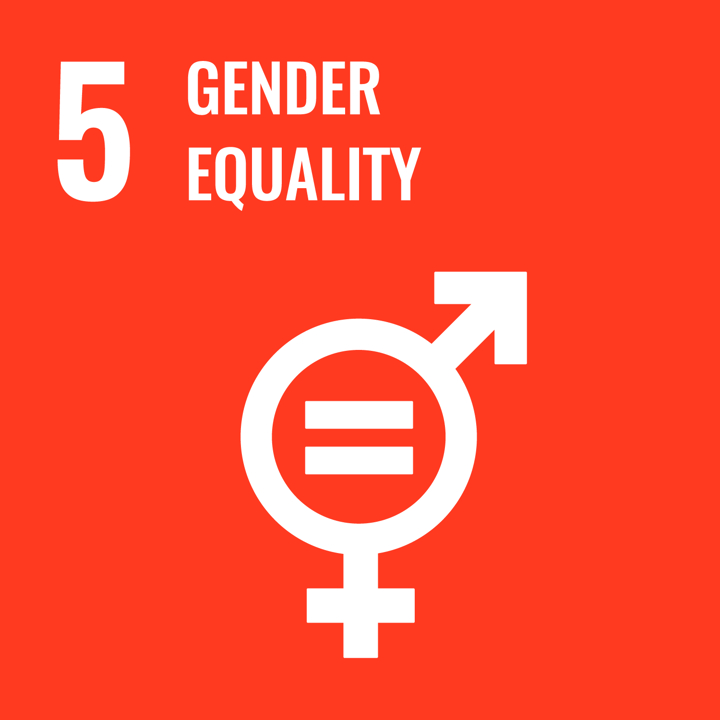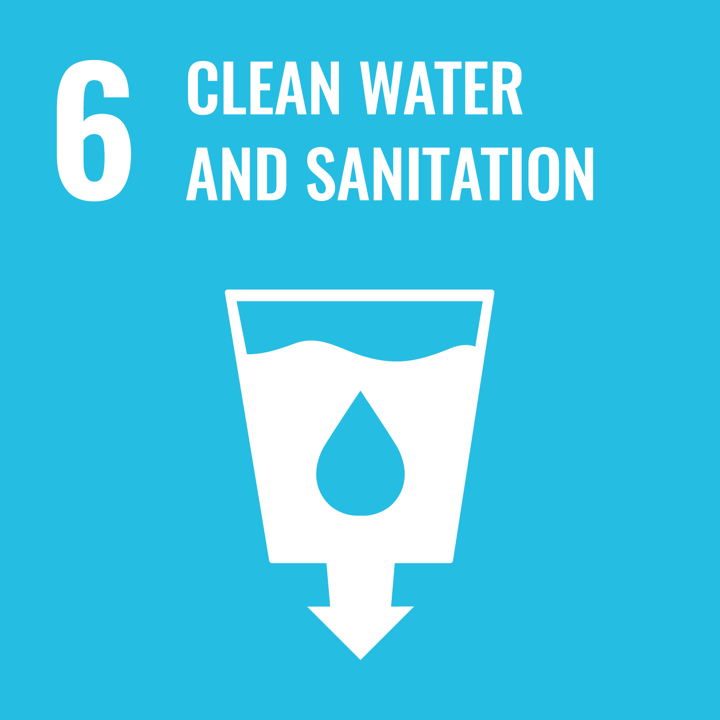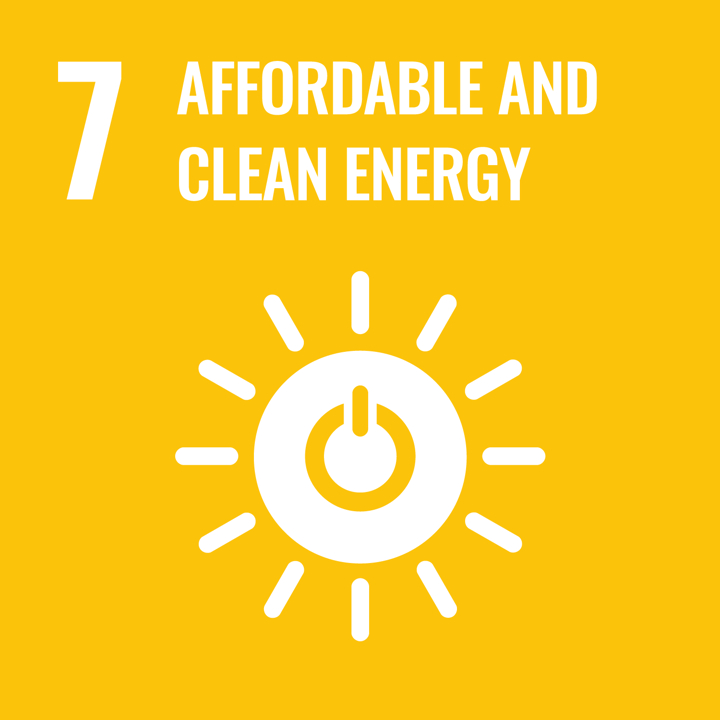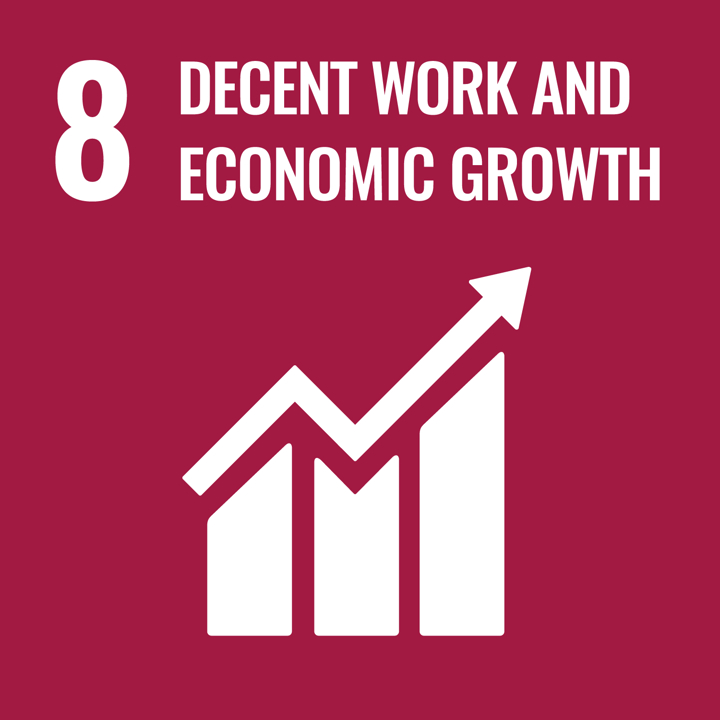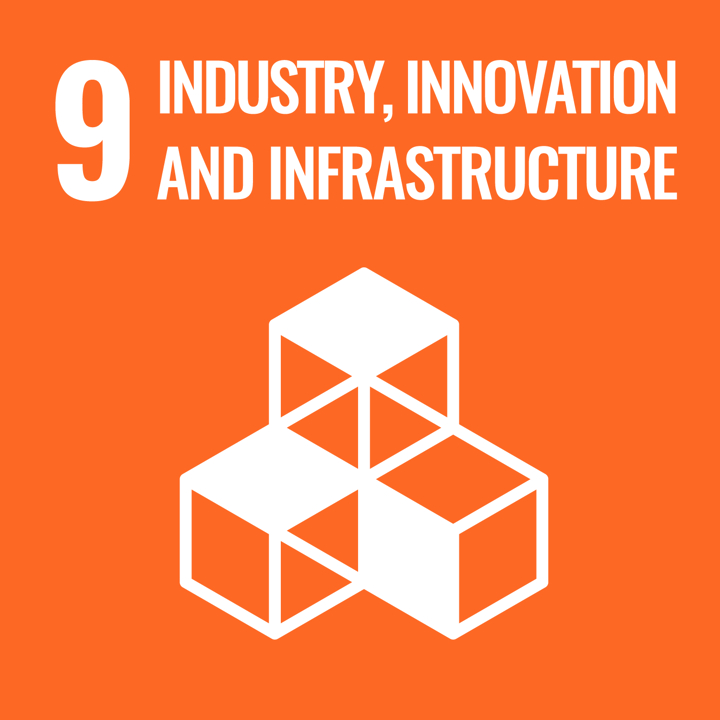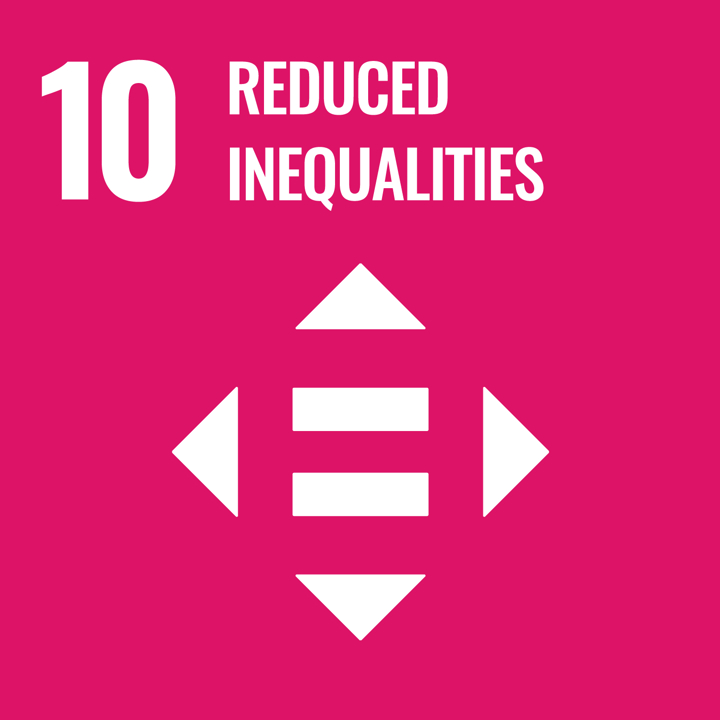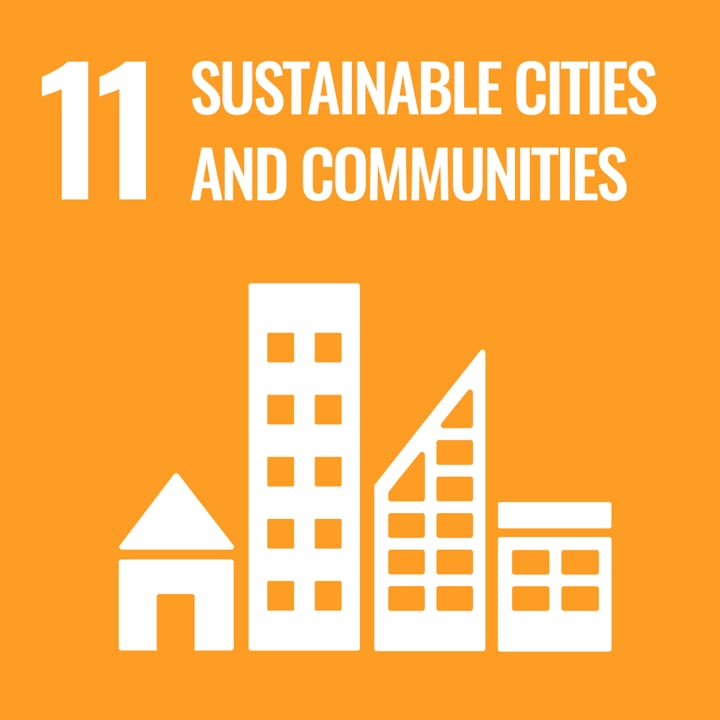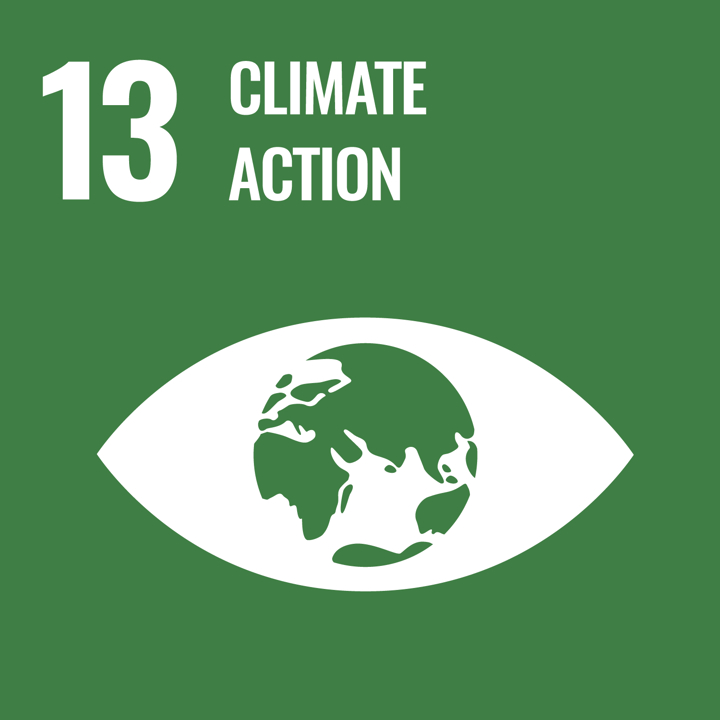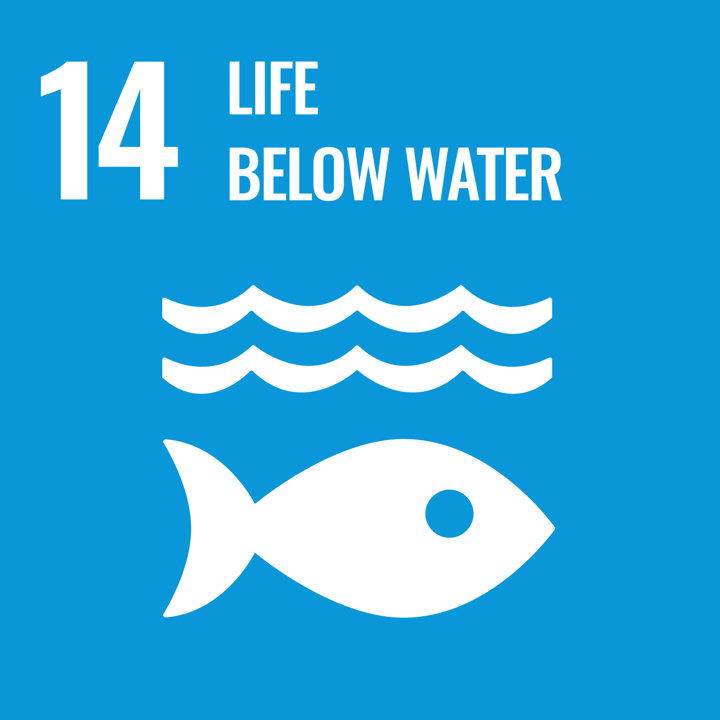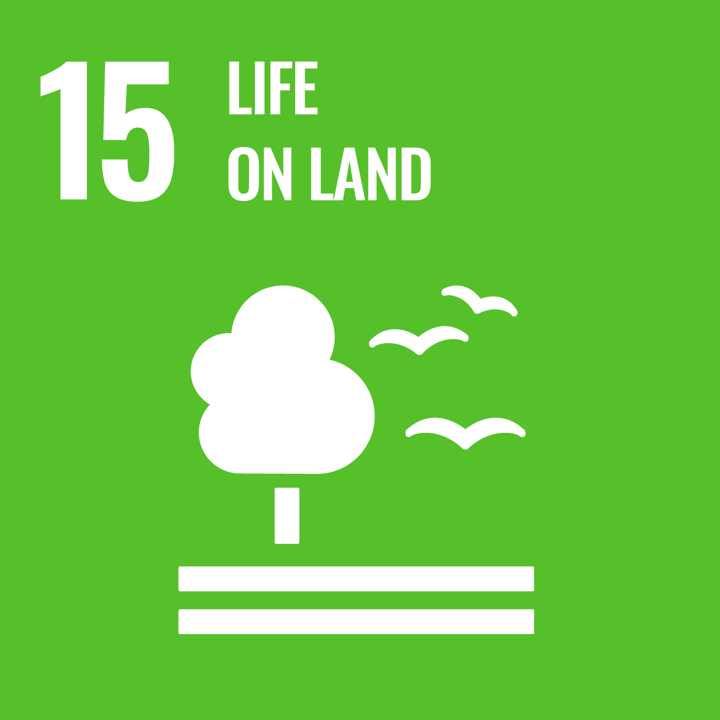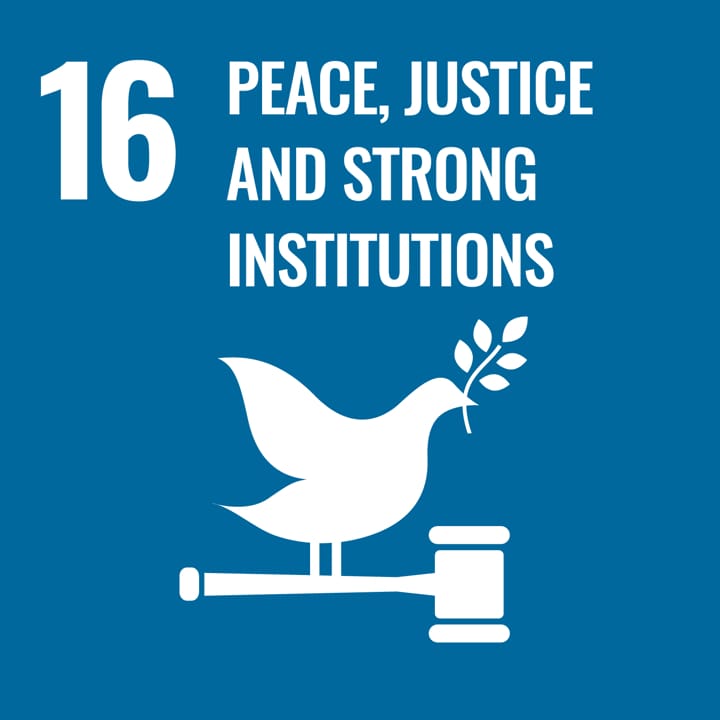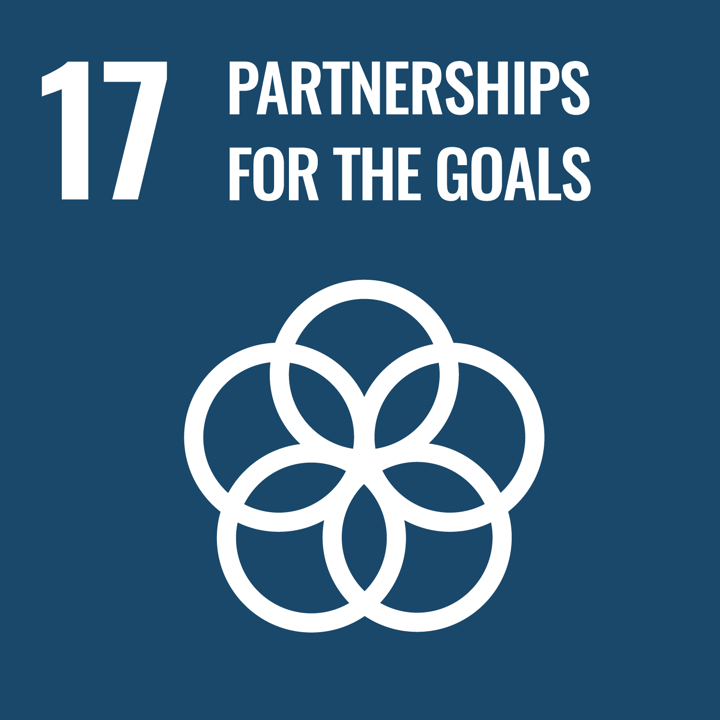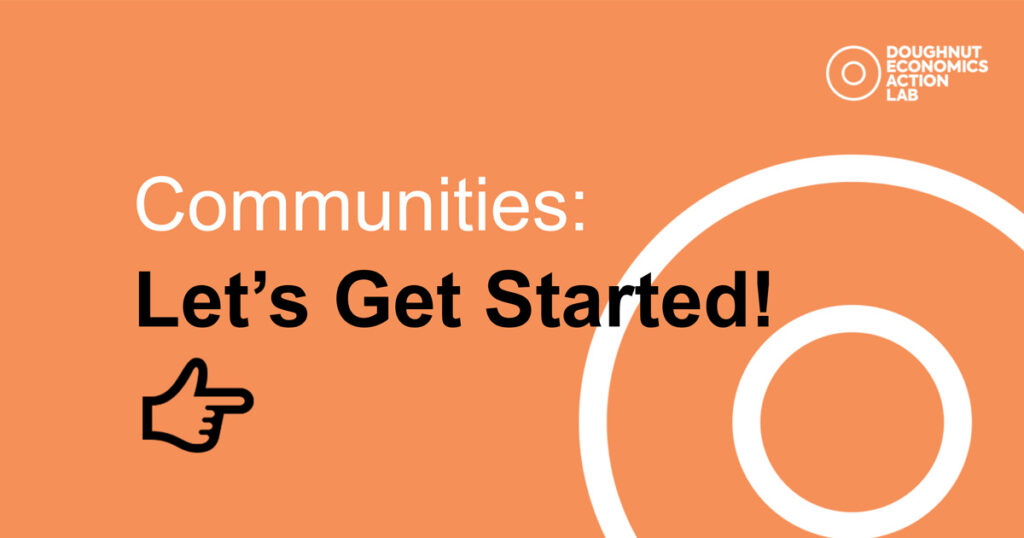
Intended End User: Teacher, School Leader
Age Group: Lower Secondary; Upper Secondary
School Curriculum: Social, Physical & Health Education; Social & Environment Science; Languages; Business Studies
Themes and Topics: Energy Use and Production, Behaviour & Lifestyle, Collective Action, Environmental Change, Economics, Food and Agriculture, Power & Influence, School Leadership, Information & Knowledge, Citizenship
Duration: Several months but with smaller components.
Type of Resource: Case Study, Game, Guidelines & Notes, Audio/Video, Presentation, Project, Workshop
Keywords: Sustainable Development Goals, Doughnut Economics, Community, School Leadership, Placed-Based Learning
Languages: English
Description
Communities: Let’s Get Started is a collection of tools & stories to apply the ideas of Doughnut Economics to your community, whether at the household, street or neighbourhood scale or connecting as networks for systemic change at the city, region or national scale. The tool contains over 25 tools and 20 stories – with contributions from people, groups, networks and organisations from around the world – to help you get started with your community in your own unique context. Embedded resources can be used individually or used in clusters depending on your need and level of experience.
How to use this resource
This collection of resources and training materials support community engagement around the concept of Doughnut Economics to develop ways in which communities can become more sustainable in a systematic and observable way. The resources are arranged by categories for facilitators to choose from to best suite guiding participants from novice to expert levels in community and action-based Doughnut Economics.
Resources under the “What is Doughnut Economics?” explore the need for alternative economics models with active learning strategies throughout the workshop-based exercises. The Doughnut Economics model is a tool that can be used to systematically approach the sustainability challenges with an evidence-based approach. Within the professional development resources, several workshop-based activities are described and resourced to facilitate participant exploration and deeper understanding of key concepts.
While not explicitly referring to national curricula or educational policy, the offering does facilitate reflection on current practices and relationships to help develop a workable strategy to build a community driven by sustainable goals whilst meeting social needs.
The plethora of resources contained in the proposed tool are driven by the goal of community building through engagement and cooperation. The tools and frameworks provided in Section 4 are designed to support community collaboration in creating sustainable environments and new understanding. The Doughnut model is designed to represent measurable component elements of a sustainable economy, whether the scale of economy is an individual, household, institution, community, or region. The metrics associated with each variable can be adapted according to context and available data. This will act as a means of assessing impact of the initiative.
While the professional development resource is focused on place-based community building, there is also additional Doughnut Economics community support available. This includes active online communities and best-practice examples of how other groups have undertaken change initiatives.
The resources
Communities: Let’s Get Started PDF:
The Doughnut Economics Action Lab (DEAL) website, with a range of additional resources and tools, can be found here:
A link to the Communities: Let’s Get Started! page can be found here:
Learning Outcomes (Teachers)
- Elicit prior knowledge and further develop knowledge and comprehension of key Sustainability Citizenship key concepts, challenging established worldviews and values.
- Apply a range of suitable tools and frameworks to promote student Sustainability Citizenship
- Reflect on practice and examine national curricula to identify opportunities to promote Sustainability Citizenship in interdisciplinary ways and engage with external stakeholders.
- Collaboratively synthesise the knowledge, tools and frameworks to create educational materials and lessons plans adapted to their own local context
- Develop and apply assessment criteria to evaluate Sustainability Citizenship in students.
- Through workshop activities and communities of practice, build capacity and agency as Sustainability Citizenship educators and leaders.
Learning Outcomes (Leadership)
- Elicit prior knowledge and further develop knowledge and comprehension of key Sustainability Citizenship concepts to challenge established worldviews and values.
- Apply a range of suitable tools and frameworks to promote Sustainability Citizenship within their schools and communities.
- Examine their own national/regional curricula, educational policies, programmes and external stakeholders to identify opportunities to promote Sustainability Citizenship in their schools and communities.
- Collaboratively synthesise knowledge, tools and frameworks to create a vision for delivering a school environment that supports the development of Sustainability Citizenship in their community.
- Develop and apply assessment criteria to evaluate Sustainability Citizenship development in their school and community.
- Through workshop activities and communities of practice, build capacity as Sustainability Citizenship educators and leaders.
Green Competencies
- Embodying Sustainable Values: Valuing Sustainability; Supporting Fairness; Promoting Nature
- Embracing Complexity in Sustainability: Systems Thinking; Critical Thinking; Problem Framing
- Envisioning Sustainable Futures: Adaptability; Exploratory Thinking
- Acting for Sustainability: Political Agency; Collective Action; Individual Initiative
Creative Commons

All tools uploaded to the DEAL Community Platform – by the DEAL Team and the wider community – are licensed under the Creative Commons Attribution-ShareAlike 4.0 International Licence. This means they can be used for any purpose, so long as you provide attribution and share back any changes you make, under the same licence.
SDGs
